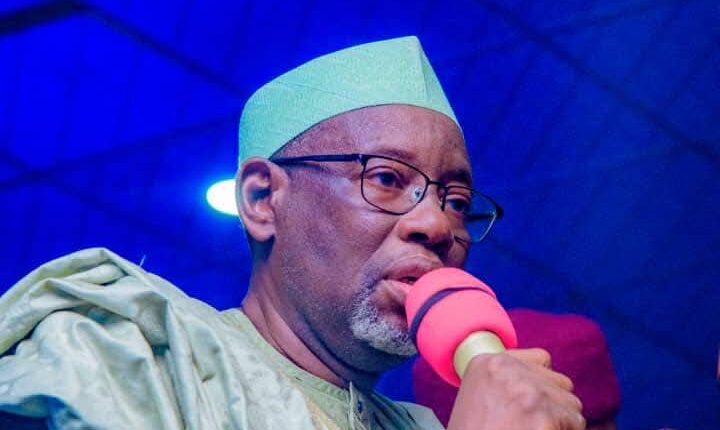Between Governor Namadi and Jigawa’s Social Media Space
By Adamu Muhd Usman
Social media—often called “new media”—has become a powerful force in Jigawa State’s politics. The speed, reach, and level of engagement among Jigawa citizens are striking. Ordinary people now use platforms like Facebook and X to debate governance, scrutinize policies, and hold leaders accountable. For Governor Umar Namadi (FCA), fondly known as Dan Modi, this is a reality he cannot ignore: his administration is being scored daily in the court of public opinion online.
This is, at its core, healthy for democracy. Social media offers a direct and unfiltered channel for government feedback—if used responsibly. As someone who served as Special Adviser on Media to former Governor Sule Lamido (CON), I find the passion of Jigawa’s online community inspiring. It reflects the constitutional guarantee of freedom of expression and the essential role of media in educating, motivating, and reflecting public opinion.

In fact, a 2015 survey by local broadcast and print media revealed Jigawa as Nigeria’s leading state in social media usage and government awareness. Lamido himself embraced this openness, becoming one of Nigeria’s most media-friendly politicians.
But the story is changing. The same platforms that once fostered civic engagement are increasingly being hijacked by immature political operatives, sponsored bloggers, and reckless commentators. Instead of constructive debate, online spaces are flooded with insults, blackmail, mockery, and unfounded allegations. These toxic exchanges are eroding Jigawa’s hard-earned reputation for harmony, political stability, and peaceful coexistence.
Where are our norms, values, and moral ethics? What happened to the cultural heritage, religious teachings, and social bonds that once defined us? These online battles are not harmless banter—they risk sowing division, chaos, and distrust among our people.
Governor Namadi, as leader of both the state and the ruling APC in Jigawa, must act. He should consider working with the State Assembly on laws that discourage hate speech and abusive online behavior—balanced, of course, with the protection of free expression. Community leaders, religious authorities, and traditional rulers should also step in to mediate and guide the younger generation away from this path of self-destruction.
Law enforcement agencies must monitor and prevent politically motivated online misconduct without stifling legitimate criticism. But ultimately, the responsibility lies with Jigawa’s youth—the future custodians of our state. They must refuse to be used as tools for division and must choose respect, truth, and unity over reckless words and actions.
Let us say no to insults, baseless accusations, blackmail, political thuggery, and drug abuse. Let us choose instead a peaceful, progressive, and united Jigawa.
The Prophet Muhammad (PBUH) reminds us: “Blessed is the servant who speaks and his words benefit him—or keeps silent and his silence saves him from danger.” Similarly, Chinua Achebe wisely said: “A man who makes trouble for others is also making trouble for himself.”
Remember: Four things cannot be recovered in life—the word after it is spoken, the moment after it is missed, the time after it is gone, and the opportunity after it is lost.
In today’s volatile environment, our tongues—and our tweets—carry great power. They can build or destroy. They can unite or divide. A word is enough for the wise.
Adamu Muhd Usman writes from Kafin-Hausa, Jigawa State.

